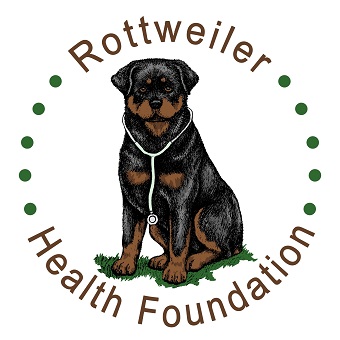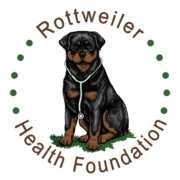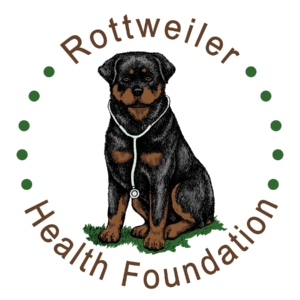Canine Osteosarcoma Early Detection Study – April 2024 Progress Report
Canine Osteosarcoma Early Detection Study
April 2024 Progress Report
CHF Grant Number 03032-MOU
Project Title Early Detection of Canine Osteosarcoma
Investigator: Jaime Modiano
Date: 04/04/2024
Institution University of Minnesota
Investigator(s) PI: Jaime F. Modiano Co-Is: Antonella Borgatti; Brenda J. Weigel; Logan Spector; Daniel Vallera; Aaron Rendahl
Project Start Date 04/01/2022
Current Date 04/04/2024
It is the policy of AKC Canine Health Foundation (CHF) not to disclose information from progress reports of sponsored studies to any individual, club, organization, CHF grant committee member, peer reviewer or company if the information contains data that, in the opinion of the CHF or the investigator, represents a conflict of interest. CHF sponsors research studies and contractually requires all investigators to provide periodic progress reports. The Foundation makes grant payments based on satisfactory progress of the study. Research progress is evaluated based on reviewing information provided by the researcher including the initial schedule of work to be performed and progress reports. These reports relate to the research methodology without drawing conclusions regarding research results. CHF shares the non-confidential section of progress reports with donors who contribute to CHF a significant percentage of the cost of the study. This sharing by CHF is intended to nurture the interest of the donor in both the sponsored study and canine health research in general. Sponsors may also be in a position to assist the research in the identification of any additional dogs for the study. The policy is also designed to assure the donor that his/her money is being well spent and the CHF is closely monitoring the study.
Non-Confidential Progress Summary
In this study, we aim to identify blood biomarkers that can be used to assign a probability of developing osteosarcoma to otherwise healthy dogs at risk for this disease. We had a large set of samples and also collected new samples for this project. The control (old and new) samples include healthy dogs and dogs with cancer. These samples are used to identify the patterns that are exclusively present in dogs with cancer, and specifically in dogs with bone cancer. The experimental group includes healthy dogs at risk for development of bone cancer. This risk is based on age (older than 4.5 years) and on size. Dogs from six breeds received preference in recruitment, although large dogs of other breeds and mixed breeding were also eligible to enroll. A gift from the Irish Wolfhound Foundation in advance of this project was instrumental in helping us to finalize the infrastructure. It also allowed us to pilot enrollment of 25 dogs to make sure the protocols were efficient and reasonable. Recruitment for the experimental group was launched at the end of August of 2022 and we began enrolling dogs and receiving samples, in random order, in October 2022. As of March 31st, 2024, we have completed enrollment and collected a total of 478 new samples for both parts of this project. We are following enrolled dogs for the duration of the project (and ideally for the lifetime of the dogs) and experiments and data analysis are beginning with the goal of constructing the metrics of the test. Such a test for predicting the occurrence of bone cancer in dogs would be extremely valuable to veterinary medical community and dog owners world-wide. Our approach will use artificial intelligence technologies to describe patterns that are associated with the formation of these cancers.
We have also used this project as a training vehicle to engage young scientists and encourage them to pursue careers in canine health research. Courtney Labé, Meagan Wojtysiak, and Emily Myers are veterinary students who completed Summer Scholar projects in the lab and have continued work on this program as they progress through veterinary school. These students have each expressed an interest in continuing on a path that includes research, and specifically research that aims to improve the health and wellbeing of companion dogs, as a major component of their future careers.



